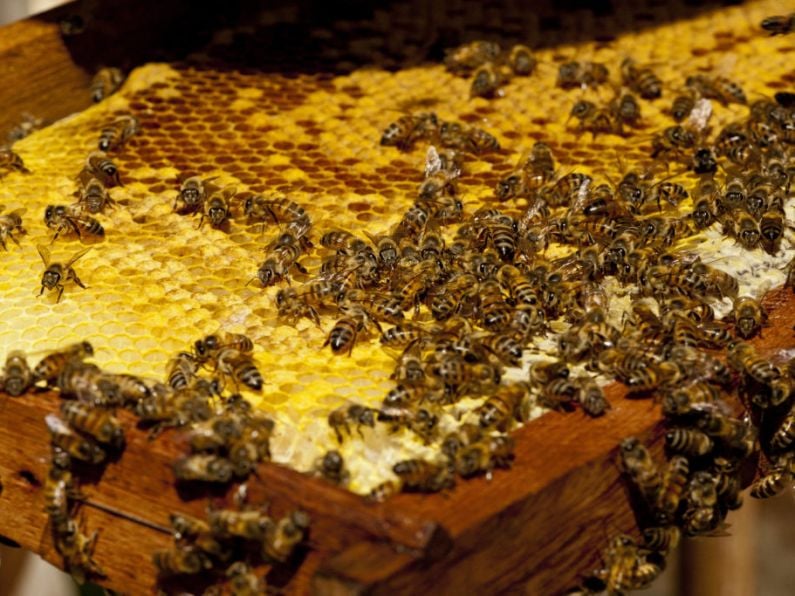Six people have been stung to death after they were attacked by killer bees in Nicaragua, Central America.
The tragic incident happened after a bus crashed into a hive of Africanised honeybees. A mother and her eight-year-old daughter were among the victims.
There were 60 passengers on the coach at the time of the crash. It is understood that the bus veered 50 metres from the road it was travelling on before it collided with the bees, which were housed in wooden hives to pollinate a coffee plantation. The bees reacted by stinging 45 of the passengers as they were evacuating the bus.
Initially, it was thought four passengers had died, but it later emerged that two other victims had died in hospital at a later stage.
Among those who passed away in the incident were a 47-year-old woman named Eneyda Torrez Zelaya and her 8-year-old daughter, Andrea Carolina Garcia Torrez. Another who died was an 84-year-old woman, Reyna Isabel Olivas Montavlan.
It is understood that a 4-year-old boy remains in a serious condition at Victoria Mota Hospital in Jinotega – the city closest to the scene of the crash.
Photographs taken of the surviving victims depict multiple red welts across their upper bodies.
An investigation into the cause of the accident is underway but initial reports say it's believed that the driver initially lost control of the bus due to a mechanical fault.
The Africanised Honey Bee
Africanised bees are known colloquially as the "killer bee." Also referred to as the Africanised honey bee, it is a hybrid of the western honey bee.
These bees are generally more defensive and have faster reaction times to disturbances than honey bees found here in Ireland.
This particular species of bee has killed roughly 1,000 humans, with victims receiving ten times more stings than from a European honey bee.
These often-dangerous insects have spread throughout North and South America since being brought to Brazil and escaping quarantine in the 1950s.
Keep up to date with all the latest news on our website Beat102103.com.

